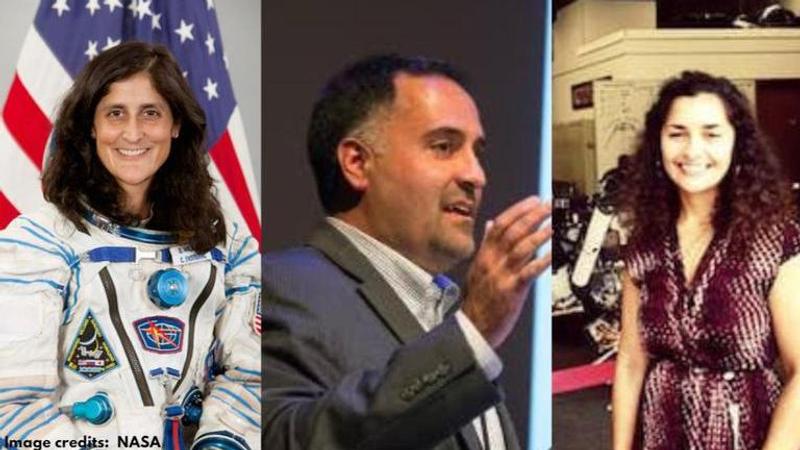Published 08:45 IST, August 15th 2020
Top Indian scientists in NASA that every Indian should know about
There are many Indian scientists who have gained global recognition and praise for their accomplishments. Read on for the top Indian scientists in NASA.

Indian scientists have contributed chiefly to the development of the country with their inventions and discoveries. The country has had its share of esteemed scientists across different eras who have helped put the country on the world map. There are also many Indian scientists who have played a major role in changing the world with their intellect and made India proud. This Independence Day, we take a look at some of the top Indian scientists who have been associated with the American Space Agency NASA.
Indian scientists in NASA
Ashwin Vasavada
Ashwin Vasavada, who holds a Doctorate in Planetary Science is currently a Senior Scientist at NASA's Jet Propulsion Laboratory. He has led the scientists' Roving Mars with the MSL mission and also worked on NASA’s Lunar Reconnaissance Orbiter mission, among many other career accomplishments. Vasavada has also won several accolades for his numerous contributions including the JPL People Leadership Award (2017), NASA Exceptional Achievement Medal (2013), NASA Group Achievement Award, and many more.
Image credits: NASA
Kamlesh Lulla
Kamlesh Lulla is among the most internationally acclaimed scientists at the American space agency. He also holds two Ph. D. degrees with specialization in Environmental science and Geoscience remote sensing.
Throughout his career, he has been tasked with several chief scientific roles including the International Space Station Program, Earth Observations and Remote Sensing in the Space Shuttle Program. Some of his biggest accolades include the NASA Exceptional Achievement Medal, the Ellison Onizuka Award and NASA Achievement Medal.
Image credits: NASA
Sunita L. Williams
Sunita L. Williams is a Master of Science in Engineering Management. She was selected as an astronaut by NASA in 1998 to become the second Indian-American woman to hold the position at NASA after late Kalpana Chawla. She is a veteran of two major space missions. She also held a world record for females with four spacewalks at 29 hours and 17 minutes, however, the record was later broken by Peggy Whitson with five spacewalks.
Williams has also received several awards for her accomplishments including a Legion of Merit, Navy and Marine Corps Achievement Medal, and Humanitarian Service Medal Navy Commendation Medal, among others.
Image credits: NASA
Anita Sengupta
Anita Sengupta is an aerospace engineer who has worked on developing numerous technologies that enabled Mars, Asteroids, and Deep Space exploration. She was also among the chief engineers behind the launch of Curiosity Rover to Mars in 2011.
Image credits: NASA
Meyya Meyyappan
Meyya Meyyappan is a Chief Scientist for Exploration Technology at NASA’s Center for Nanotechnology. He is the founding member of IWGN which looks after the development of the National Nanotechnology Initiative. Meyyappan has written and co-written over 320 articles in peer-reviewed journals and has also done numerous Plenary Talks on subjects of nanotechnology worldwide. For his accolades, Meyyappan has received a Presidential Meritorious Award, NASA's Outstanding Leadership Medal, IEEE-USA Harry Diamond Award, Pioneer Award in Nanotechnology by the IEEE-NTC, and many more
Image credits: NASA
Image credits: NASA
Updated 08:45 IST, August 15th 2020








